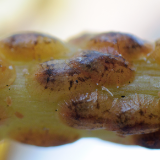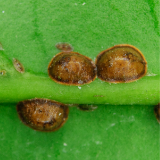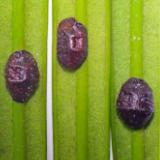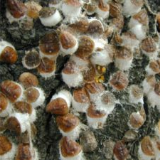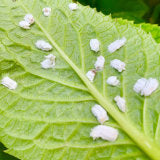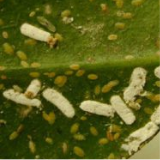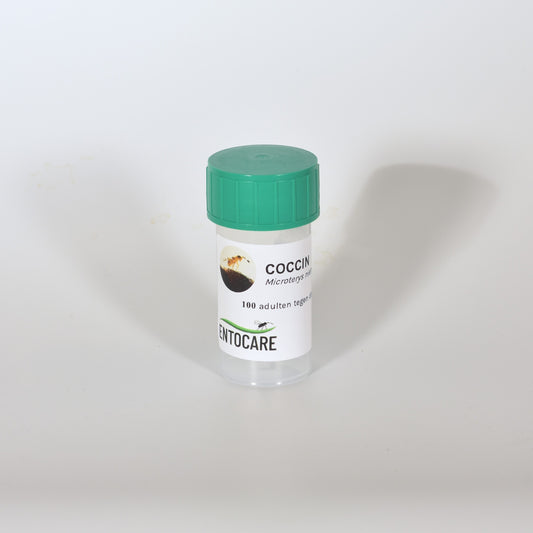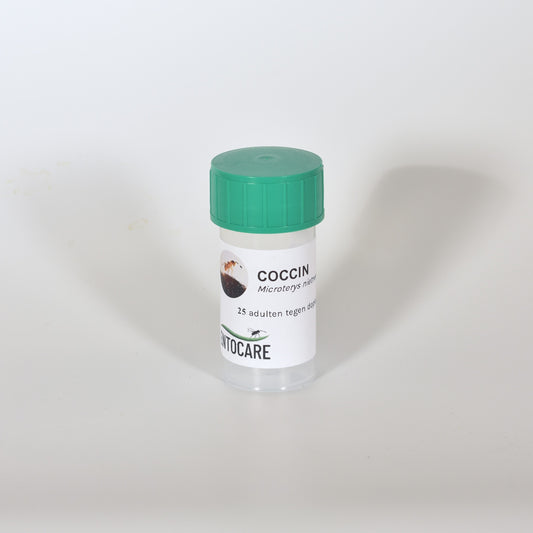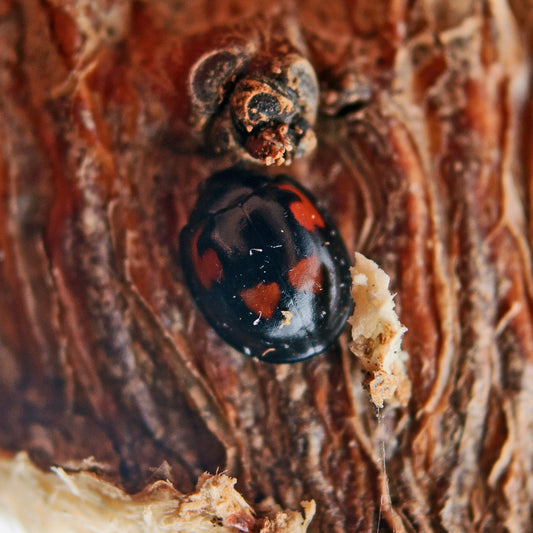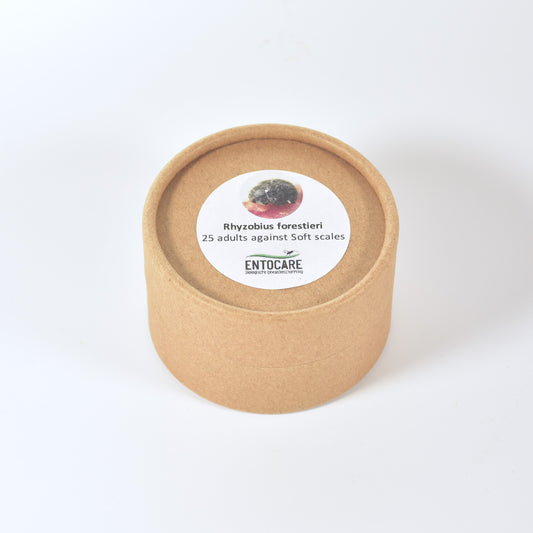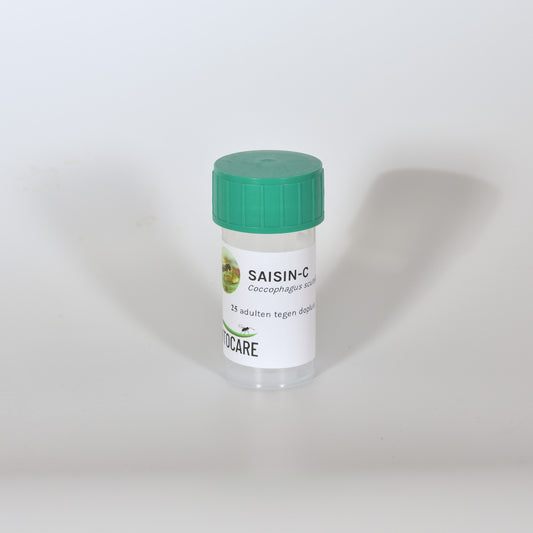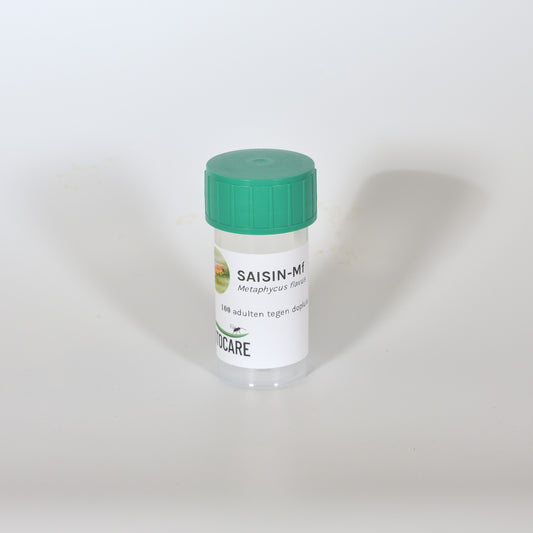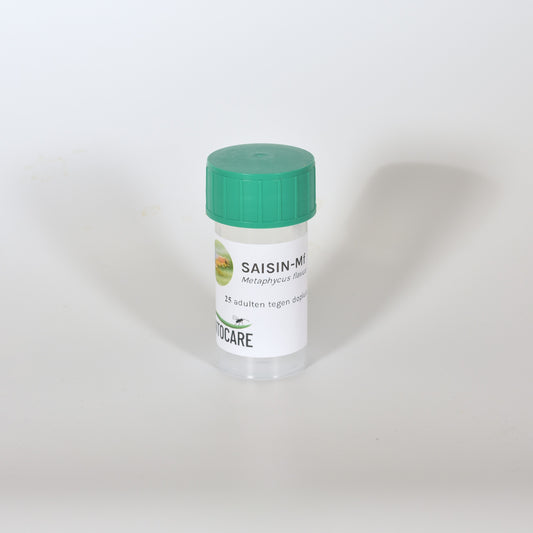
Common soft scales
How to recognize soft scales
Soft scales are a common pest on many different plants. They are named after their round appearance, which is caused by their scale cover. The young stages of different soft scale species are flat, lightly colored and very difficult to distinguish from one another. Only the adult females have the cap-shaped covers which can be used for recognition of the species. The scale cover is fused with the body. The eggs are deposited underneath the cover.The first stage, also called crawlers, will hatch from the eggs. The first stage is very active and will quickly spread throughout the plant. Older stages will settle in one spot, usually parallel to the veins of the leaf or on the stem.
Soft scales have a broad host range. Greenhouse crops that are affected are mainly woody plants, but also several annuals can be damaged. Well-known host plant plants are Anthurium, Asplenium, Ficus, Coffea, citrus, oleander and olive. In addition, outdoor plants like linden and chestnut trees and hydrangea can be affected.
Damage by soft scales
Soft scales have a sap-sucking feeding style, which causes cosmetic damage. In addition, reduced growth and deformed leaves can be caused by soft scale feeding. All soft species produce honeydew, which can make the leaves sticky. The honeydew can also act as a growth medium for black sooty mold fungus. This fungus reduces photosynthesis which increases the hampering effect on plant development.

Different stages of the hemispherical scale
How to control soft scales
-
MICROTERYS NIETNERI - 100
-
MICROTERYS NIETNERI - 25
Vendor:Entocare eigen kweekRegular price €29,85 EURRegular priceUnit price / per€0,00 EURSale price €29,85 EUR -
EXOCHOMUS QUADRIPUSTULATUS adults - 25
-
Rhyzobius forestieri - 25
-
COCCOPHAGUS SCUTELLARIS - 25
Vendor:Entocare eigen kweekRegular price €33,65 EURRegular priceUnit price / per€0,00 EURSale price €33,65 EUR -
METAPHYCUS FLAVUS - 100
-
METAPHYCUS FLAVUS - 25

